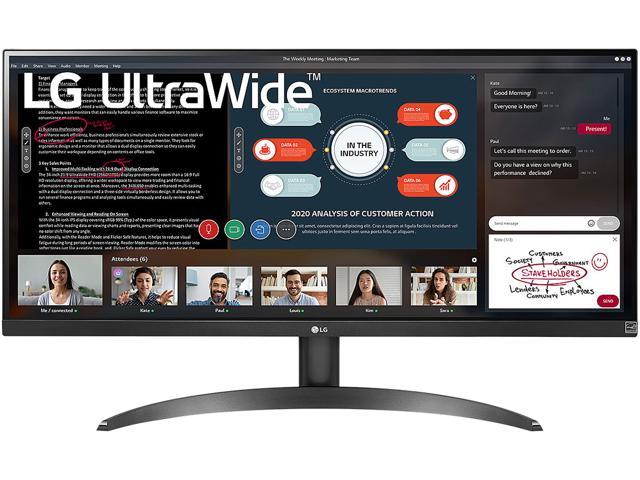New at ECG interpretation? No need to go it alone—keep the basic skills and concepts at your fingertips, withECG Interpretation: An Incredibly Easy!® Pocket Guide.<BR <BR Use this enjoyable reference for at-a-glance reviews of how to use and monitor ECG equipment, obtain and interpret rhythm strips, and accurately spot and treat arrhythmias. Full of helpful charts, illustrations, and easy-to-relate-to definitions, this is the perfect on-the-spot guide for students, new nurses, and all those looking for expert guidance on the job.<BR<BRIncrease on-the-job or classroom confidence with this must-have pocket guide, featuring:<BR
- <li><STRONG>NEW</STRONG>and updated content in quick-read, bulleted format, with easy-to-remember guidance on topics including: o Identifying and interpreting atrial, junctional, ventricular, sinus node, and atrioventricular arrhythmias o ECG effects of electrolyte imbalances o ECG effects of antiarrhythmics o Basic and advanced electrocardiography, including equipment uses and components o Waveform types and components
- Dozensof photos, drawings, and diagrams clearly outline key concepts, including:
- 8-step method of ECG evaluation
- Identifying and monitoring disorders, rhythm disturbances, and electrolyte imbalances
- Placement of different types of leads
- Identifying and solving monitor problems
- Interventions - Administering nonpharmacologic and pharmacologic treatments for arrhythmias, including pacemakers, ICDs, and antiarrhythmics
- Memory jogger- Memory tricks that help you remember key concepts and treatments Through the ages- Identifies differences in ECG interpretation and pacemaker needs, according to the patient’’s age
- Help desk- Explanations of monitoring equipment components and functions What causes it- Causes of different disorders, imbalances, and arrhythmiasWhat to look for- Tips on identifying and interpreting arrhythmiaHow it’’s treated- Steps to take for a variety of treatment“Nurse Joy and “Nurse Jake- Expert insights on ECG methods and problem-solving
- The Test Zone - Practice Q&A
- Quick guide to arrhythmias
- ACLS algorithms: The Pulseless Arrest, Tachycardia, and Bradycardia
- Guide to antiarrhythmic drugs
- Guide to choosing monitoring leads















